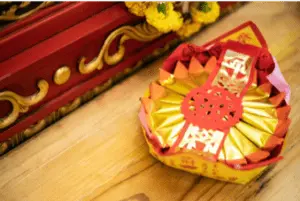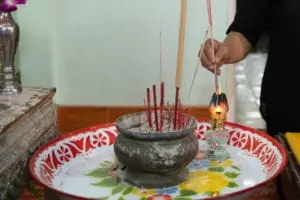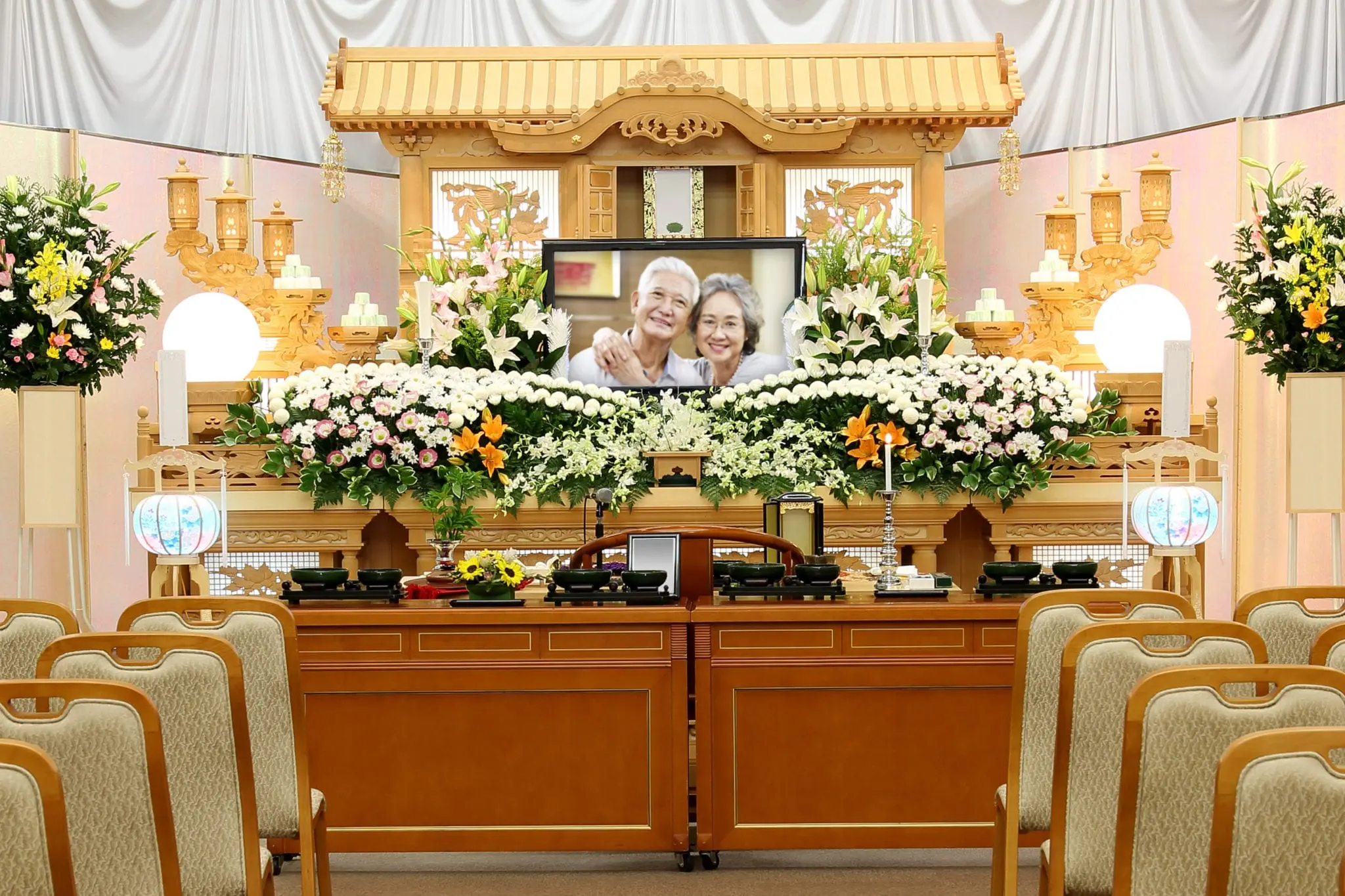Chinese Funeral Traditions
Chinese Funeral Traditions
Throughout the past 50 years of helping Corona and Riverside friends and neighbors with their funeral-care needs, the Miller family has gained deep knowledge about numerous cultural, ethnic, and faith backgrounds. Riverside County is such a wonderfully diverse place to live, and we want to be able to help everyone in our community plan the farewell they want and deserve.
Our Chinese neighbors have been coming to Thomas Miller Mortuary & Crematory from the very beginning, including generations of Chinese families who have gathered to give their loved ones a fitting tribute. For the Chinese, funeral and burial customs have great religious meaning, and significant time and money are put toward honoring their loved ones.
In the days leading up to a death, family members hold vigils to show their love and loyalty. When the death occurs, loved ones host a wake that typically lasts three days. During this time, the family keeps an overnight vigil and places photos, flowers, and candles on and around their loved one. Friends stop by with flowers and white envelopes with money enclosed to help pay for the funeral. A white banner is placed over the door to signify that a death has occurred.
After consulting the Chinese Almanac, the relatives of the deceased select a date for the funeral. They will then send an obituary notice, along with the date and time of the funeral, to family and friends.



Learn More About Chinese Funeral Traditions
Many families choose to have a night visitation, which includes ceremonial incense, paper monies, and even a food tray for the deities in the next levels of life. The next day, they may bring in a Christian minister or a Catholic priest to say prayers and read a eulogy. Other families may choose to follow more traditional Buddhist funeral practices. The family dresses their loved one in a clean funeral dress to prepare them for departing the world and beginning their journey into the afterlife.
Most guests of Chinese funerals will wear a black band around their arm. Chinese families will typically give guests a red envelope with either a coin or a dollar bill inside of it for good luck and a white envelope that has a piece of candy in it to take away the bitter taste of death. A piece of red thread may also be given out to guests so they can tie it to their front doorknobs to ward off evil spirits.
The family will also burn joss paper, also known as ghost money, to ensure their loved one has a safe journey to the afterlife. Miniature items associated with their loved one’s interests – including cars, houses, and utensils – are also burned, as it is believed the items provide comfort.
After the funeral, guests join a procession to the cemetery or crematorium. This includes a marching band that plays loud music to frighten spirits and ghosts. A hearse or sedan holds the coffin and is typically adorned with a large portrait of the person who died. A period of mourning lasts for 49 days, accompanied by weekly prayers, and ends with a final ceremony 100 days later.
